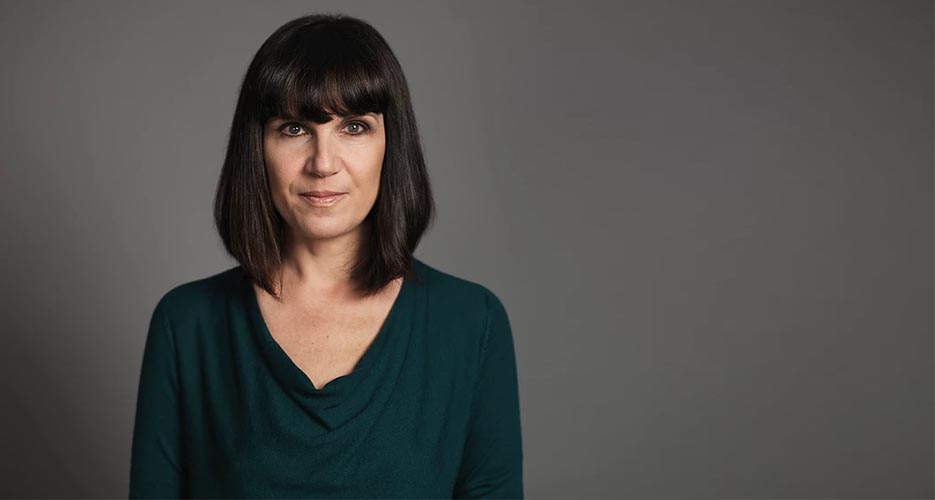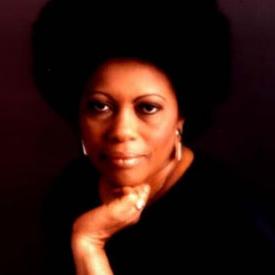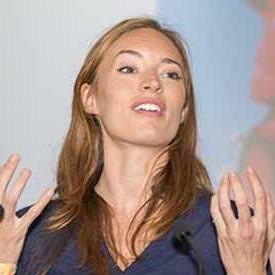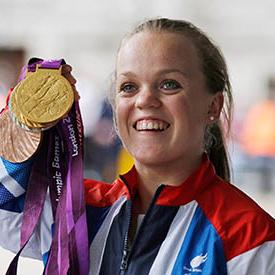A celebrated journalist, author and gender activist, Catherine Mayer is the greatly influential Co-Founder of the Women’s Equality Party. After attending Manchester High School for Girls, she graduated with a degree in English Literature from the University of Sussex in 1982.
Catherine’s broke into the world of journalism through The Economist, later working as a foreign correspondent at the German news weekly, Focus. With a natural talent for journalism, she became the president of the Foreign Press Association in London, between 2003 and 2005. From 2004, Catherine acted as the Time's Editor at Large, Europe Editor, London Bureau Chief and Senior Editor, applying her eye for detail to countless news outlets. In 2017, Catherine took legal action against Time for their instances of age and gender discrimination, sparking her passion for activism and standing up against injustices.
Catherine began her career as an author in 2011, releasing Amortality: The Pleasures and Perils of Living Agelessly where she discusses the pros and cons of the population living longer. Riding off the back of the success of her first book, she wrote a biography about Prince Charles named Charles: The Heart of a King and Born to Be King, boldly highlighting the dysfunctional behaviour within the royal court. After the biography sparked controversy in 2015, generating worldwide headlines, Clarence House distanced itself from the book, despite facilitating access to the Prince. Mayer, however, stood by her content and was rewarded by becoming a Sunday Times Top Ten Bestseller. With a taste for sociopolitical literature, Catherine published her third novel, Attack of the 50ft. Woman, in 2017. The book was described as a “compelling feminist call to arms”, due to its positive presentation of gender equality.
Continuing her devotion to fighting sexism, Mayer co-founded the Women's Equality Party with Sandi Toksvig in March 2015. When asked about the party and what it represents, Catherine replied: "Everyone is born with a sex, usually, though not always, male or female. Gender is the product of social and cultural factors that can be changed. The very first policy document made clear that WE supported ‘the right of all to define their sex or gender or to reject gendered divisions as they choose’."









